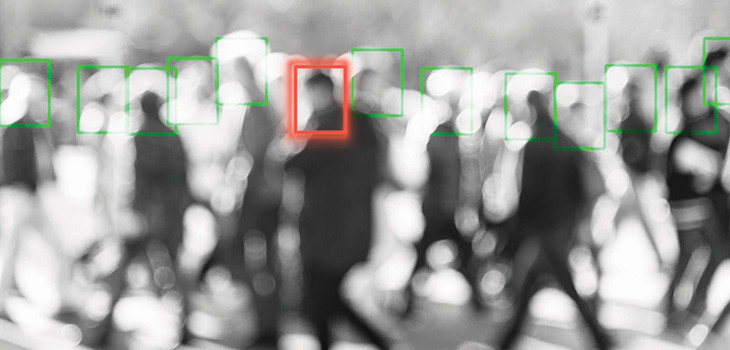
Until it was abolished by the Crime and Courts Act 2013, scandalising the judiciary was a criminal offence intended to maintain public confidence in judges and the administration of justice. Public confidence is not to be taken for granted. Research published in 2019 by the Sentencing Council suggested that only around half of people surveyed thought that the criminal justice system was effective or fair. Judges are sometimes subjected to unconstitutional and unwarranted attack, such as the notorious newspaper headline describing three judges as ‘enemies of the people’ in 2016, but a more subtle undermining of the special perception of judges may be developing, arising from the presentation of individuals as ‘judges’ who are not.
It has long been accepted that for the administration of justice to operate successfully, the right to use the title ‘solicitor’ or ‘barrister’ must only be used by people who are actually solicitors or barristers. It is, for example, an offence under s









